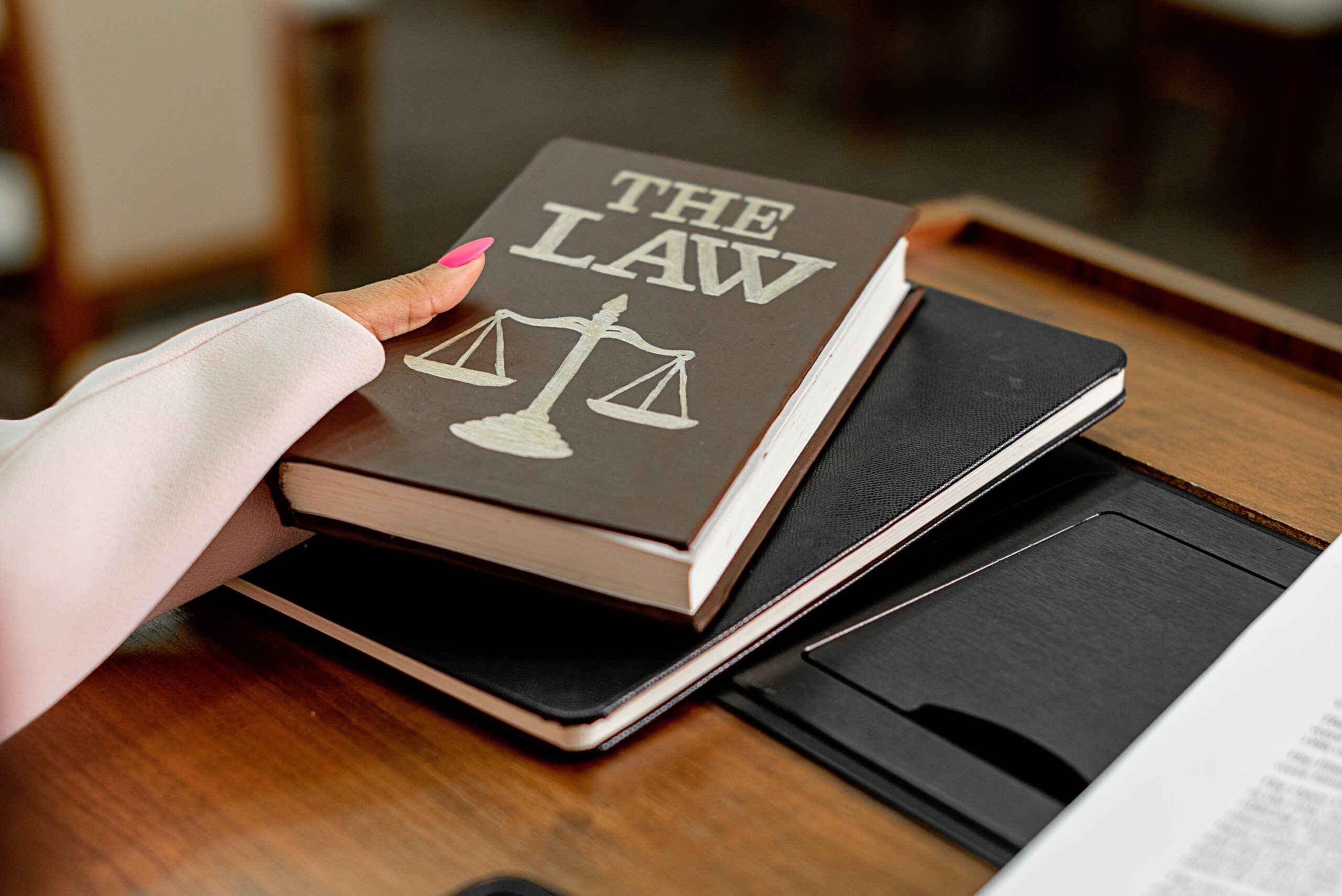Lawyers focusing on criminal justice serve as one of the most essential components in our society.
They play a pivotal role in upholding justice and ensuring that every individual’s constitutional rights are protected, regardless of their crime.
You see, in criminal cases, it’s crucial for attorneys to act responsibly and ethically when representing their clients.
Why?
Because their actions hold significant weight in shaping the outcome of the case.
However, with great power comes great responsibility.
Criminal justice attorneys must adhere to the law and practice sound ethical principles while building their cases to ensure that justice is served on both sides of the courtroom.
What Are Some Ethical Responsibilities?
Since Criminal justice attorneys are held to a high standard of ethics, it’s important to understand their ethical responsibilities to ensure that they’re providing the best possible representation for their clients while upholding the law.
Duty to the Client
One of the most important ethical responsibilities is their duty to their clients. Attorneys must put their clients’ interests above their own, respect their clients’ wishes and keep their confidential information confidential while striving to represent them to the best of their ability.
Duty to the Court
As an officer of the Court, every attorney has a duty to uphold the Court. They must ensure that they’re only pursuing lawful and ethical strategies in their cases, and they must not manipulate or deceive the court.
How?
By providing truthful and accurate information to the court at all times, and to avoid taking actions that could compromise the integrity of the justice system. Attorneys are also expected to respect the authority of the court and to act in a professional and courteous manner when interacting with court officials.
Duty to the Public
In addition to their duties to their clients and the court, criminal justice attorneys also have a duty to the public.
Attorneys are expected to be advocates for justice and fairness in society by working to uphold the rule of law while also respecting the rights of other individuals involved in the legal system, such as witnesses, jurors, and victims.
Duty to Professionalism
Maintaining a high level of integrity and professionalism in all of their interactions with clients, the court, and the public, including avoiding engaging in behavior that could harm their clients’ reputations or their own, including unethical or illegal activities.
Upholding the Constitution
Criminal justice attorneys must ensure that they uphold the constitution in each case they represent. They should avoid unethical practices such as fabricating evidence, making misleading statements or misrepresenting their clients to get favorable outcomes.
Any attorneys who knowingly violate these ethical standards compromise the integrity of the justice system and risk legal malpractice charges that can result in disbarment.
Being a criminal justice attorney is an incredibly important task that requires tireless dedication and immense preparation.
While many challenges come with upholding justice, they remain some of the most respected professionals in our society who truly make a positive impact by upholding the law – one based on fairness and equality for all!

